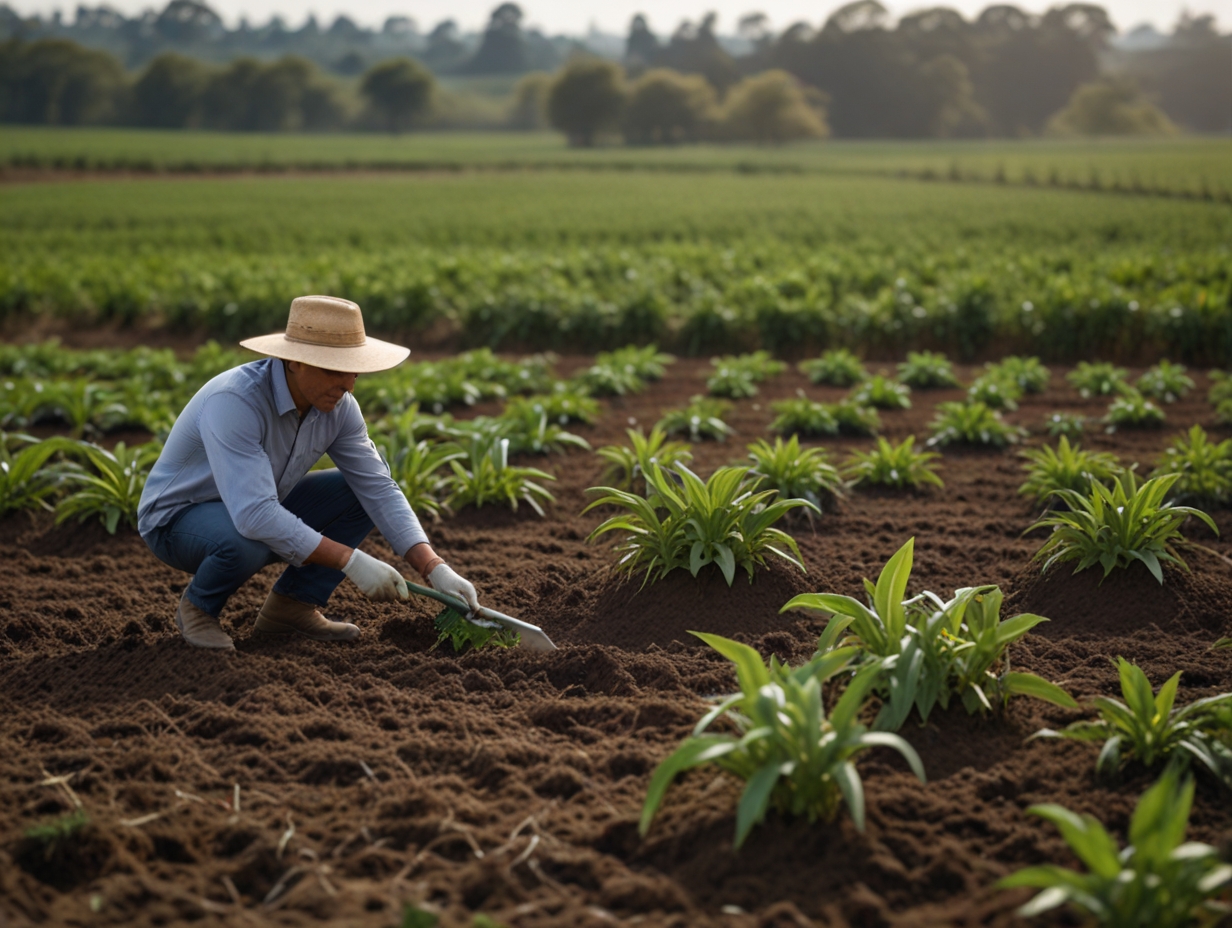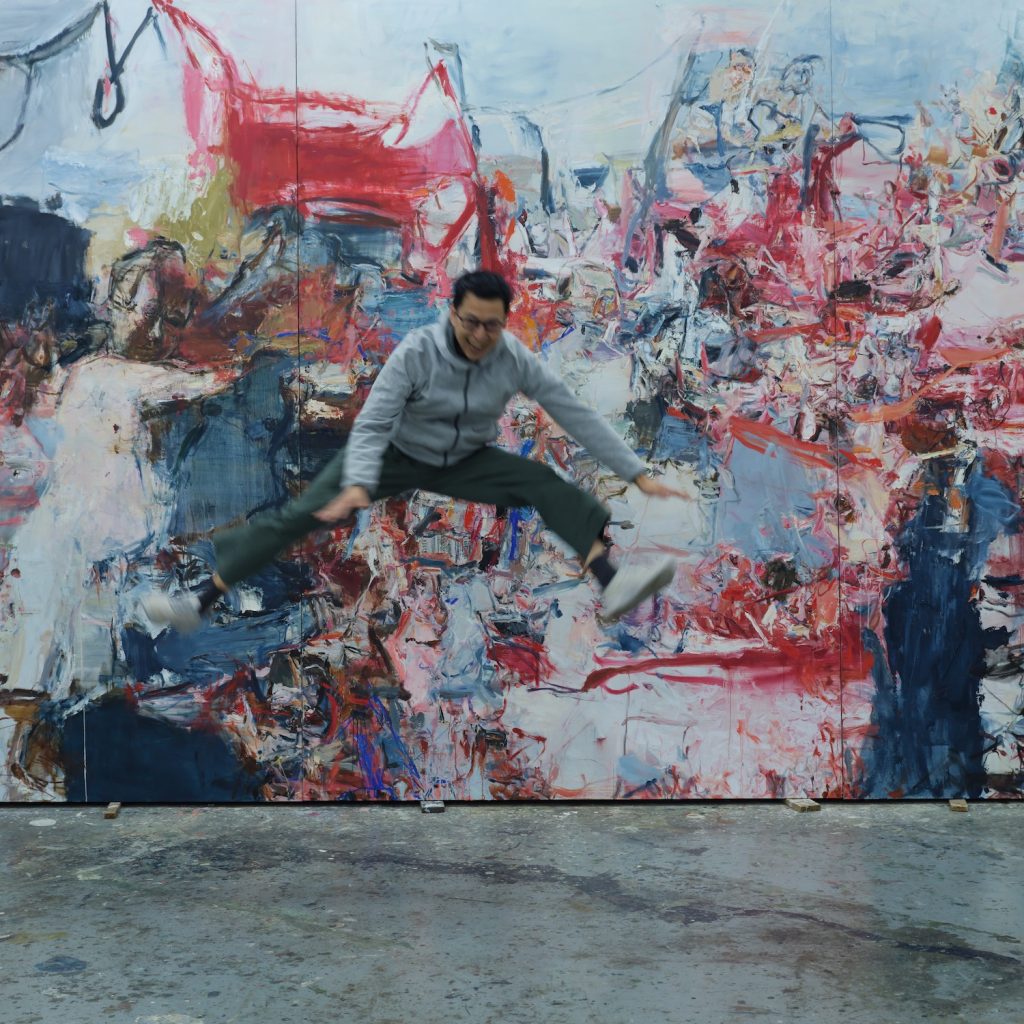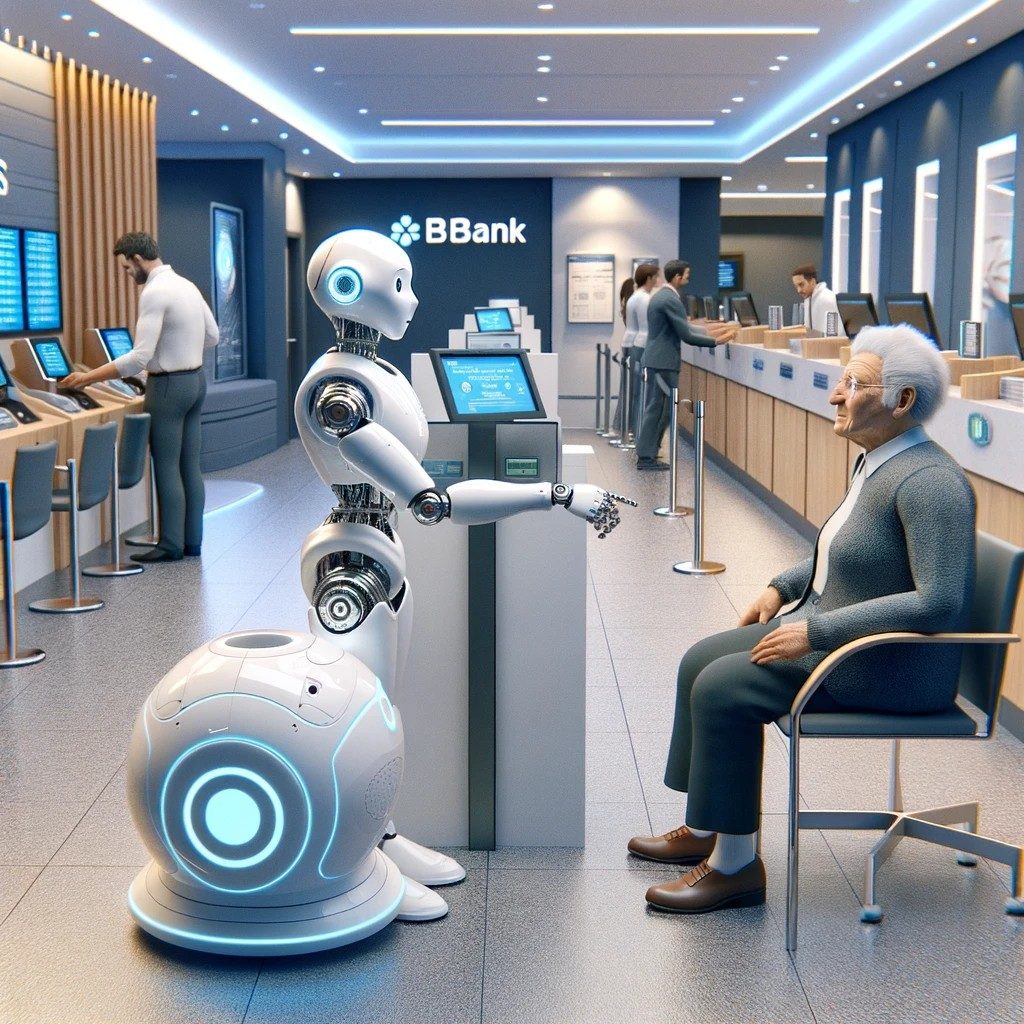Brazilian startups are adopting AI to revolutionize agriculture by changing the old roads making things better and with sustainability. This fact is quite boosted in Brazil which is leading world’s exporters of soybeans, corn and beef. AI applications have shifted how farming operations are run by replacing the legacy systems.
AI transforms Brazilian agriculture
It is worth acknowledging that the sector grew after Traive (2018), a startup formed by Aline Oliveira Pezente and her husband Fabricio, located in the state of Minas Gerais, Brazil. It was during her three years’ service in Dreyfus Commodities where Aline came across several inefficient approaches in agricultural financing that made her to understand the paramount need of risk management tools in lending practices.
The archaistic practice of the methods, orally worded and difficult to rely on, used to give expert advisory only after at least few months.
Parti d’Alire obtained her skills that are based on AI, data analysis of the MIT. As a result, she created a system which cuts down time and improves the precision of such assessments. “Banks, typically, to this day, use their own variable…
Mathematical equations that might capture the variables are hard to create,at this point,for humans,” Aline said. Her system can complete risk assessments with highly advanced functionalities at just five minutes, a process that used to require three months in the past.
In a unique way, the Latin country startups are adopting AI to revolutionize agriculture by changing the old roads making things better and with sustainability. This fact is quite boosted in Brazil which is leading world’s exporters of soybeans, corn and beef. AI applications have shifted how farming operations are run by replacing the legacy systems.
Pioneering sustainable practices
Apart from the business innovation, AI provides sustainable farming practices as one of the key products. Maria Vasconcelos CEO Agrosmart, additionally, another Brazilian startup, stresses that dealing with the climate risk is the main issue for them.
Technologies created by her company that are driven by AI save water and power and augment the productivity of farmers. These are done with minimum environmental impact. “The UN Food and Agriculture Organization reports that we need to produce more food to address a growing population…In this instance, how can we do this without the aid of technology?” apparently asked to Rio de Janeiro’s Web Summit by Vasconcelos.
Originality article appeared in PHYS





